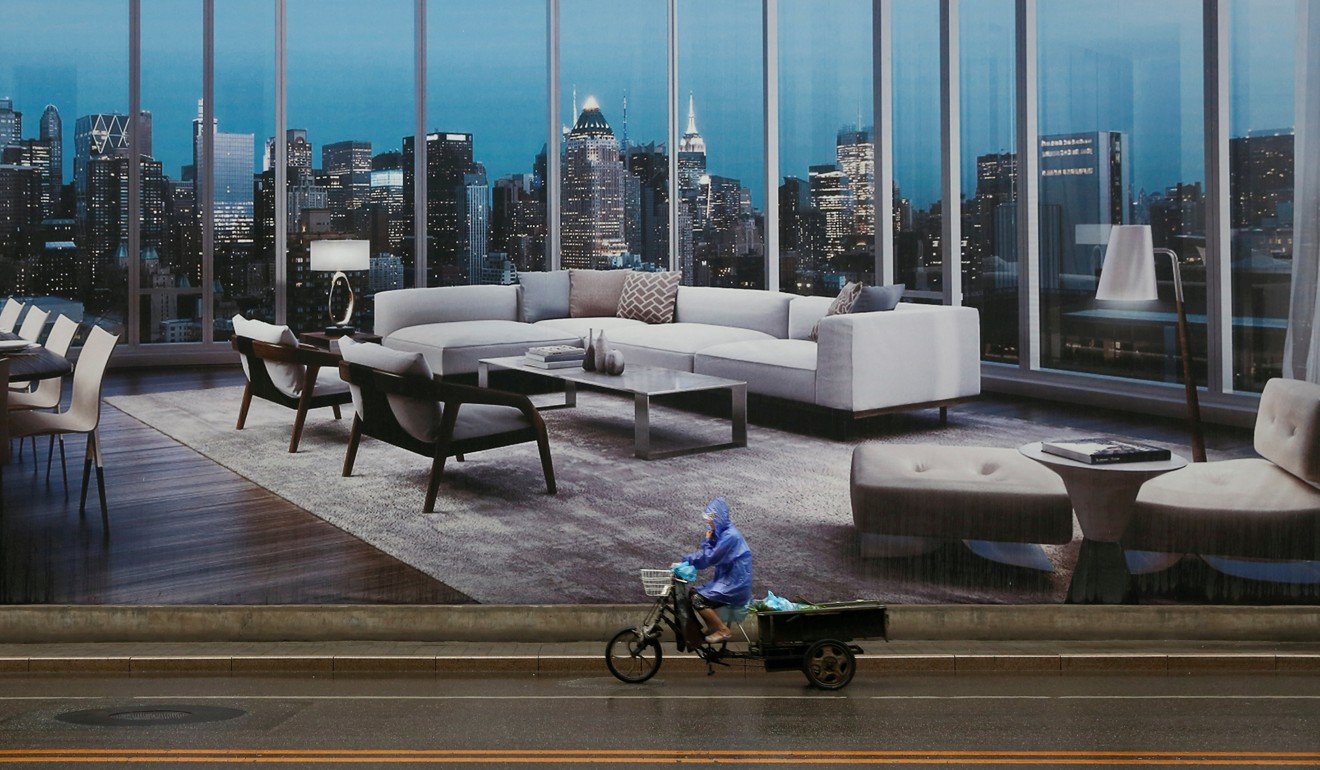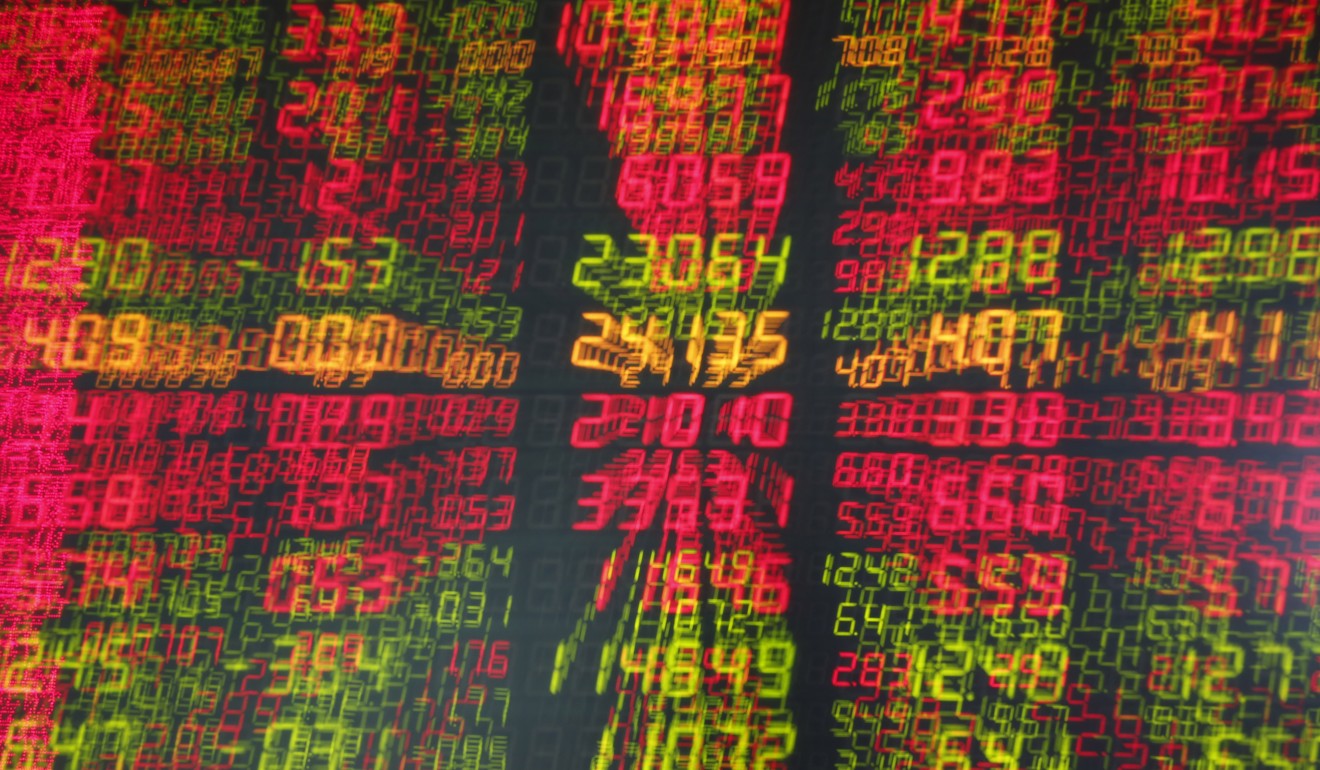
Unable to sell luxury homes in Beijing, mainland developer Tahoe Group offers discounts of up to US$1.3 million
- Analysts say rich buyers have tightened their purse strings as the US-China trade war has a hit a range of businesses
As the ongoing US-China trade war weakens appetite of deep-pocketed mainland buyers for luxury homes, some developers have been offering massive discounts of up to 9 million yuan (US$1.3 million) to make sales.
Just a few days after Lunar New Year, mainland developer Tahoe Group began offering aggressive discounts for four luxury projects in Beijing, property agents said. A 410 square metre four-storey home at Cathay Courtyard in the south of the Chinese capital was being offered at 24 million yuan, 9 million less that the price of a unit in the same project sold last year. Meanwhile flats at the company’s The Noble Mansion in Chaoyang district, was being offered at a discount of nearly 30 per cent.
A range of Chinese businesses, manufacturing in particular, have suffered because of the prolonged China-US trade war. Punitive tariffs of 10 per cent slapped by Washington on US$200 billion of Chinese goods has made them uncompetitive while other industries have been affected by the souring market sentiment.
“People buying such homes are usually those who run businesses,” said Fion He, director of the research centre at Midland Realty, adding that they are quite sensitive to changes in the economic environment.
“Luxury homes are more difficult to sell than mass-market homes in a downward market.”

According to the latest data from JLL, the average price of high-end luxury homes in China fell 2.3 per cent quarter on quarter in the third quarter of 2018.
The trade war, among other factors, hit China’s economy last year, gross domestic product growth slowing to 6.6 per cent, the lowest level in 28 years.
Major investment banks expect the growth to slow further in the first half of this year.
JP Morgan revised their growth forecast for the first quarter to 5.9 per cent from 6.1 per cent because of weaker-than-expected export activity. Nomura expects growth to worsen in the first half despite Beijing’s increasingly aggressive easing and stimulus measures.
Slumping stock markets worldwide last wiped out a combined US$1 trillion from the fortunes of the world’s wealthiest individuals. As a result, a record 213 Chinese billionaires dropped out of the widely watched Hurun Global Rich List.

Shrinking assets and growing uncertainties have certainly forced deep-pocketed Chinese individuals to tighten their purse string, according to data from Chinese property consultancy CRIC.
In 2018, a total of 8,879 luxury homes priced over 10 million yuan were sold in China’s four major cities – Beijing, Shanghai, Guangzhou and Shenzhen – 40 per cent less than that in 2016, the data showed.
In Beijing’s ultra-luxury segment – homes priced over 100,000 yuan per square metre – sales fell 44 per cent to 259 units from 463 in 2016.
“That is the poorest result in the past five years,” said Yang Kewei, analyst with CRIC. “The economic outlook is not clear and the government’s measures to cool the housing market makes getting home mortgages very difficult at the moment, which combine to drive up the cost of buying such expensive homes.”

